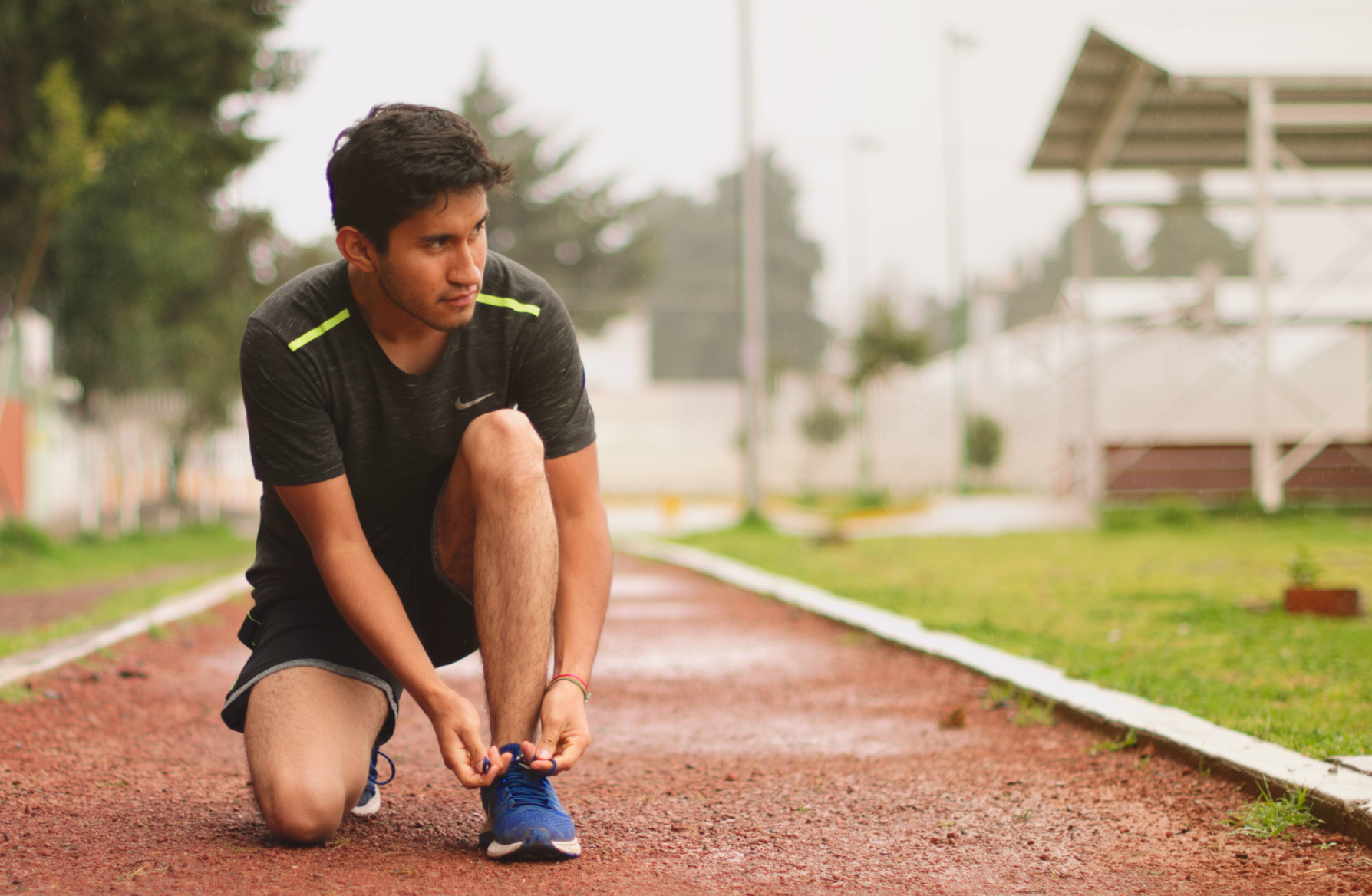Five more reasons to get active

We all know that exercise helps us get fit and is great for our cardiovascular health, but the benefits don’t stop there.
Here are five of the lesser-known benefits of adding regular, moderate exercise into your daily life, plus five Apps to help get you moving.
1. Lowers stress & depression
One of the bonuses of being physically active is that it reduces both physical and mental stress. It does this by increasing neurotransmitters such as noradrenaline, which helps to moderate our response to stress and ease tension. Exercise also produces endorphins, which leaves us feeling great – also referred to as “runner’s high” (but you can get it doing any exercise, as well as eating spicy food, and having sex).
In fact, there is a strong body of research evidence that recommends exercise for the treatment of depression. Exercise also appears to not only be effective for depression treatment but also for prevention. In one study, it was reported that people who got regular exercise were 25% less likely to develop depression or an anxiety disorder over the next five years. So exercise reduces stress and both treats and protects us from mental illness.
2. Better sleep & relaxation
In most cases regular physical activity helps us to unwind and get a good nights sleep. Why? Vigorous exercise raises your body’s core temperature, and as your body temperature drops back to normal it is a signal to the body and mind that it is time for sleep. Also, exercise can have an extremely mindful or meditative quality to it – it helps you unhook your attention from your worries and “to do” lists and brings you back into the moment. All up – this mind-body combo results in a relaxed body and mind, and sets you up for a great nights sleep. However, if you have a sleep disorder like insomnia, the research evidence also suggests that the positive impact of exercise on sleep can take more time – in fact about 3-4 months of consistent mild to moderate exercise to really have an impact.
Are you a late night exerciser? If so, don’t expect to get to sleep until at least 2+ hours after you have been active. If you are physically active too close to bed time then it can take a little while for your body temperature to cool down and prepare for sleep. If you have been doing competitive sport late at night you might also find that afterwards you replay the game and your performance in your head over and over – this is common experience for AFL Players when they play night games. Our recommendation? Intentionally spend time after the game doing a short game de-brief – what worked and what didn’t. Then switch off! Each time your mind wanders back to analysing the game, notice, and gently unhook your attention and bring it back to the present moment. You can also remind yourself that tomorrow you will have more than enough opportunity to analyse and judge your performance, but now is sleep preparation time
3. Improves memory & learning
Still not convinced that you want to get sweaty? What if it could make you smarter? It seems that cardiovascular exercise can create new brain cells and improve brain performance for memory and learning, by increasing cell production in the brain’s hippocampus. Research with kids as young as nine years old has shown a link between fitness levels and brain development – their hippocampus is bigger and they perform better in memory tests. And for grown-ups regular exercise can also slow normal age-related memory and learning decline, that usually starts after the age of 45, as well as Alzheimer’s related cognitive decline.
4. Boosts creativity
Looking for inspiration? Go exercise. It seems that a workout can boost your creativity for up to two hours after you have stopped sweating. When we exercise it is not unusual for ideas to bubble up and take form. Often we find that we are able to connect ideas and problem solve in a way that doesn’t happen when you are sitting at your desk. Scientists are still discovering why this is so, but meantime – capitalise on it!
5. Enhances wellbeing
When the New Economics Foundation (NEF) reviewed the research evidence behind everyday actions that build wellbeing or happiness, it was not surprising that Being Active made the top 5 (along with Connect, Learn, Tune-in, and Give). It seems that beyond just feeling good in the moment, physical activity can enhance our wellbeing or enduring levels of happiness. Some might argue that is not the case when it is exercise time and it is dark and rainy outside and your bed is lovely and cosy – but these moments of discomfort are far outweighed by the benefits of exercising. It doesn’t matter how you do it – zumba, walk to work, play footy, jog, cycle or go to the gym – just do it.
Whether you want to feel physically fit, improve your cardiovascular health, reduce stress, depression and cognitive decline, or enhance your creativity, memory and learning – the solution is the same. Get active. Move your body. Do it regularly.
This article originally appeared in April 2014 here.


